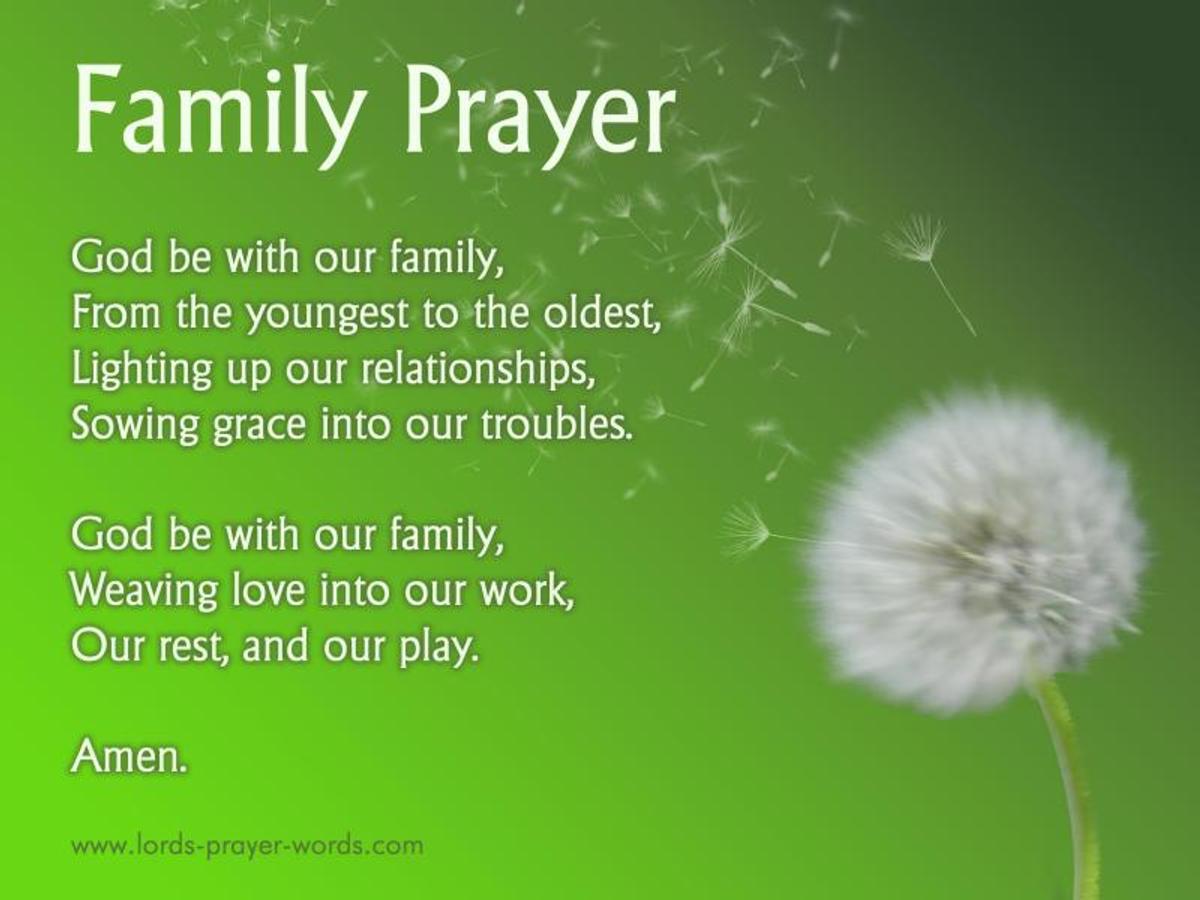From the Principal's Desk

The vital role of grandparents in families
On Wednesday, July 26th we celebrated Grandparents'/Special Persons' Day for the first time in 5 years. The date is the feast day of Saints Anne and Joachim, the parents of Mary and grandparents of Jesus. We know little of these grandparents, including if they had a role in the life of their grandson, except that they raised a special daughter. Mary had good, faithful parents who raised her with a love and devotion to God like none other except Jesus. Joachim and Anne serve as role models for parents and both deserve to be honoured and emulated for their devotion to God and Mary. Our special day together started with Mass and was followed by morning tea and a family activity based on the special foods and occasions shared by families. Our families are invited to share a significant recipe with us to be included in a school recipe book (handwritten, typed or via email).
Grandparents have always played a vital role in a child’s life. Beyond the treats, cuddles and words of wisdom, grandparents have become increasingly indispensable as they take on a more visible role in raising the next generation.
As older generations continue to live longer and healthier lives, many are seeking opportunities to be part of their grandchildren’s lives. Some families are facing increasing pressures due to an increase in single parenthood, rising cost of living and more parents in the workforce.
Many families rely on grandparents as the main providers of child care for babies and toddlers, as well as helping parents with early learning and school pick up and drop off when parents are working full time hours.
Research suggests that grandparent involvement in the lives of their children and grandchildren improves overall wellbeing for all concerned.
According to Professor Margaret Sims, Honorary Professor of Early Childhood at Macquarie University, grandparents provide emotional support around parenting as well as financial and practical support. Professor Sims claims the phrase ‘it takes a village to raise a child’ suggests that when we restrict child rearing to the nuclear family, we are doing children a disservice. “Certainly, there is evidence that if grandparents are estranged from their grandchildren the child’s wellbeing is negatively impacted. Research suggests that it is beneficial to children to form multiple attachments, that is to bond with more than their parents,” Prof Sims says.
Families from different cultures often have different expectations in regards to intergenerational relationships. “In some countries it is not uncommon for multigenerational families to live together in the same dwelling, and in these circumstances grandparent involvement in child rearing is expected as the norm,” Professor Sims says. In other cultures, the expectations are very different and it is not uncommon for families to exclude grandparents or attempt to limit their involvement."
There’s little doubt that, in a perfect world, the benefits of grandparents in a child’s life is something many parents would see as invaluable.
The benefits of grandparent involvement in family life, in ideal circumstances, can include:
- Improved health and wellbeing for all stakeholders
- Financial support
- Emotional/social/psychological support
- Better developmental outcomes for children
For any children that don’t have a grandparent in their life, either due to death, estrangement, or by living far away, Professor Simms says other people can still be used to establish a circle of security. “The relationships don’t have to be with biological grandparents if these are unavailable. I think there is value in parents establishing a circle of security around their children so there are multiple others who know the children well, who have strong relationships with the children and who can step in and provide whatever support is needed,” Professor Sims says. (First Five Years)
My own family was surrounded by the love and support of a truly wonderful, kind and caring Gran, my beautiful Mum, so we understand the depth and value of these family relationships and their lifelong impact.
Jane Dunstone
PRINCIPAL
Curriculum resource materials to better support our teachers and learning
I am pleased to advise that Melbourne Archdiocese Catholic Schools (MACS) will shortly commence working with schools to develop high-quality, comprehensive curriculum resource materials to better support our teachers to deliver the F–6 Victorian Curriculum.
This follows overwhelming endorsement of this approach by teachers across the Catholic sector in a survey conducted last year. Research also shows that high-quality curriculum resources will create more sustainable workloads for our teachers and allow them to focus more on teaching and student engagement, where their time and energy counts the most.
In addition, this approach will promote equity and excellence across MACS schools, ensuring all students have access to evidence-based, quality-assured, sequenced learning materials that will help lift their outcomes over time.
We anticipate the rollout of the F–6 resource materials will be a three-year project. The initial phase will focus on F–2 Mathematics. These materials will be made available to us in Term 4 this year for review and planning purposes, with implementation in Term 1, 2024.
Importantly, our teachers will retain autonomy to tailor curriculum implementation to meet the individual and local needs of our students. Teachers will also have opportunities to participate in the development and quality assurance of the materials.
This is an exciting development for our school community and clearly demonstrates the commitment all Catholic schools share to supporting every student to fully flourish in their learning.
We will keep you informed as this important work continues.
